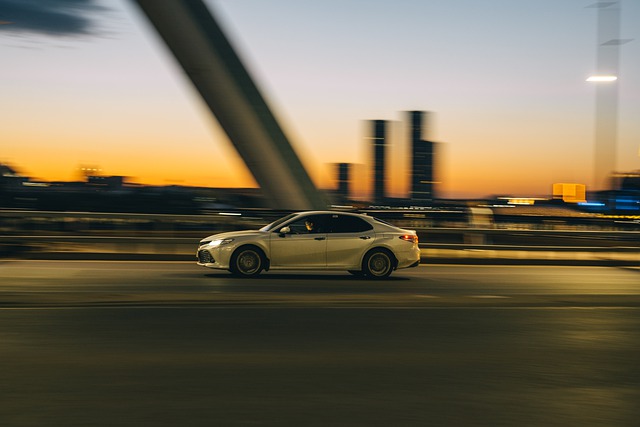
For the most part, the consensus is that buying as opposed to leasing your next car is the most financially savvy decision. However, this isn’t always the case.
There are numerous situations where leasing makes the most financial sense. On the other hand, there are also times when buying a car, whether used or new, is the better option.
So, when should you lease your next car and when is buying the best option?
Now, first things first, if your goal is to save as much money as possible, you won’t get a lot of value out of leasing. The ideal move would be along the lines of buying a car with a reputation of durability.
Take for instance, the Toyota Camry.
Its manufacturer, Toyota, is synonymous with longevity. Meanwhile, the Camry is one of Toyota’s most reliable vehicles, with numerous surveys and studies proving that these vehicles can last for decades even with minimal maintenance.
Of course, as a general rule of thumb, if money is an issue, buying a second-hand car is almost always a good decision, regardless of a vehicle’s make and model provided that you do your research.
When Leasing a Car Makes Sense
The most common augment for leasing is when high-income earners don’t want to worry about maintenance. They prefer to contact companies like Rotana Star and rent luxury vehicles such as Lamborghini and Mercedes Benz S class. The biggest drawback of leasing is that you don’t get to own the vehicle at the end of the contract.
Another potential issue is the limited mileage. You can only drive your car for a certain amount of miles every year. If you go over the set number of miles, you have to pay extra for the added wear and tear.
But, let’s just say that you’re okay with not owning the vehicle at the end of the lease and you’re confident that you’ll never go over the set number of miles.
In these situations, does leasing a car make more sense than buying a new one? That depends on how you look at things, but there are benefits, such as:
– Leasing or hiring a car often allows you to buy a higher trim of the model you’re looking at or even a more expensive vehicle. This is because the monthly payments of leasing a car are usually lower compared to buying it.
– While you might not be able to trade the car to lower the cost of your next vehicle once the lease is up, you can always return to the dealer and get a new lease for a new car. Often, most dealers will throw in a discount for repeat clients.
– Leasing arrangements usually eliminate the risks of unforeseen expenses due to repairs and maintenance.
– Not everyone wants to deal with the whole process of haggling and selling a car. If you lease, all you have to do is to return the car and pay for any end-of-lease fees, if applicable.
– In the United States, a lease will allow you to maximize tax deductions. Compared to auto loans, the IRS will allow you to deduct both the cost of depreciation and financing that’s included in your monthly payments as a tax write-off.
Buying A Car Is (Almost) Always a Better Option
Everyone will likely agree that leases don’t hold up when you consider long-term costs. For daily drivers, it is usually cheaper to buy a car and hold on to it until the cost of maintenance starts to outweigh the monthly payments of getting a new car, or at least a more recent second-hand model.
If, for example, your local dealership is offering you 0% financing and you plan on keeping the car for as long as possible, then we recommend buying it. Even if the dealership’s financing terms are not favorable, you can always check your bank or local credit unions to see what their rates are.
Besides, monthly car payments don’t last forever. You will eventually pay the car off. By then, you can trade the car in and get a brand-new ride for a lower price. Or, you can keep on saving half of your monthly payments as savings for future maintenance costs. In both cases, you’ll still be building equity, which is important for a lot of people.
Never Forget to Shop Around
At the end of the day, it doesn’t matter whether you lease your next car or buy it. What is important is that you shop around. The terms of car leases and the monthly car payments can vary greatly depending on region, country, dealership, and vehicle. Not to mention, the cost of ownership of a particular car will also depend on the same factors, especially location.
What we’re trying to say here is that a Nissan X-Trail in Kenya might cost more to use, maintain, and repair, than in other countries, or it might be the other way around.
Either way, you’ll never know unless you do your research and identify an expected price.
As a benefit of having done your research, you can go to dealerships equipped with vital information that gives you the necessary leverage to haggle. You might even be surprised to find out that it’ll be cheaper for you to rent luxury cars from companies like Rotana Star, especially if you want to keep your options open.
Tags: car lease


